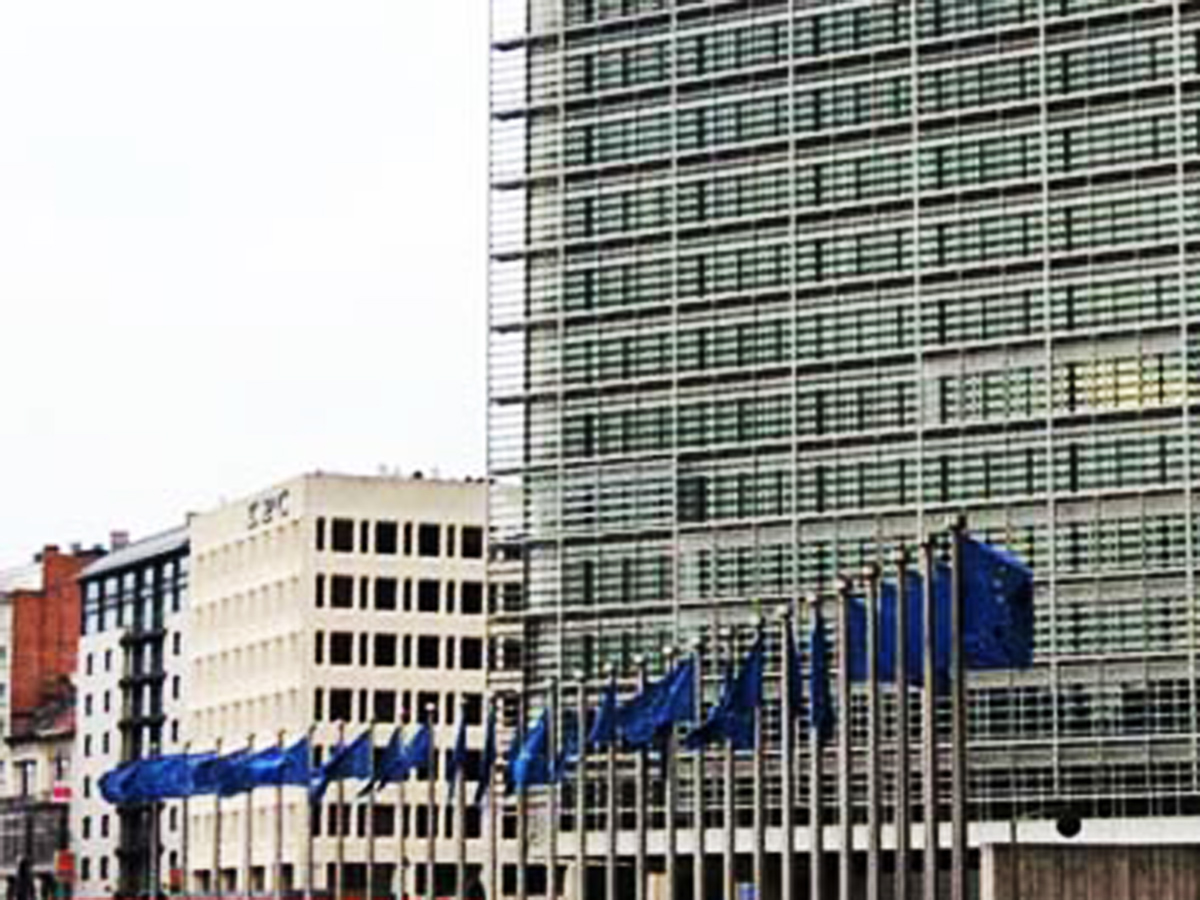By Gulgiz Dadashova- Azernews:
The European Union and the energy-rich South Caucasus nation Azerbaijan both stand to gain from closer cooperation in a number of areas besides energy cooperation, because Azerbaijan, as the European Commission assures, has the capacity to contribute to regional stability.
"Last but not least, Azerbaijan also has the capacity to contribute to regional stability, cooperating with the EU in the fight against extremism and organized crime and supporting the efforts of the OSCE Minsk Group and EU Special Representative to solve the conflict over Nagorno-Karabakh," a European Commission spokesperson told AzerNews.
The conflict in Nagorno-Karabakh was sparked after Armenian troops invaded large swathes of land in Azerbaijan in the early 1990s. Following bloody skirmishes, Armenian armed forces occupied 20 percent of Azerbaijan's internationally recognized and historical territory, and established a puppet separatist regime on the occupied lands. Long-standing efforts by U.S., Russian and French mediators have been largely fruitless so far.
The spokesperson stressed the cooperation prospects between Azerbaijan and the EU, in particular noting that on trade and economic relations, including technology transfers, the EU can help Azerbaijan to diversify and improve competitiveness.
"These benefits can be further reaped by Azerbaijan's accession to the World Trade Organization, upgrading of the trade provisions of the Partnership and Cooperation Agreement, implementing the Visa Facilitation and Readmission agreements, concluding an aviation agreement and with Azerbaijan's participation in EU programmes and agencies and receiving assistance from the EU to modernize the education system."
The EU and Azerbaijan initialed the readmission agreement in July 2013 and signed the visa facilitation agreement in November 2013. Both agreements entered into force in September 2014. The Mobility Partnership between the EU and Azerbaijan was signed in December 2013.
Energy cooperation
The spokesman emphasized successful energy cooperation between Azerbaijan and Europe, saying: "Good progress on opening up the Southern Gas Corridor".
The Southern Gas Corridor - a key project of Azerbaijan's energy diversification policy is the only westward route for exporting the Caspian hydrocarbons with the prospect of covering other "blue energy" sources, such as Turkmenistan.
The spokesperson said the Commission is glad to see that work is on track for a first trunk to deliver 10 bcm of gas from Azerbaijan to Europe in 2020 through the TANAP and TAP pipelines.
Stressing the Commission's support to this route, the spokesperson reminded as an important step the fact that the Commission has recently prolonged its exemption decision for TAP from certain rules of Third Party Access to provide the investors with the needed certainty.
The question of energy security of Europe and stability in the South Caucasus seems to remain a priority in the bilateral relations of the EU with Azerbaijan.
A rising trend is seen in the EU's relations with Eastern partners, including Azerbaijan, after President of the European Union, Donald Tusk, paid a visit to the South Caucasus countries in late July.
"Azerbaijan is the EU's reliable and strategic partner in the energy field, and we want to take this partnership further" Tusk said in Baku.
The spokesperson recalled that the European Commission remains committed to diversification of gas suppliers (countries), counterparties (companies) and routes.
"In this context, solid progress has been made on the Southern Gas Corridor, which will make a new supply of gas available to the EU by 2020. Although modest in comparison with the total EU gas demand, this Corridor ensures the physical gas security of South-East Europe, which is the area most vulnerable to supply disruption from Ukraine/Russia."
The security of energy supply and gas co-operation in Central East/South East Europe are of paramount priority for the European Commission. To ensure this, the Commission initiated a dialogue with the EU Member States from Central East and South East Europe.
"The Commission and respective Member States agreed that the objective for each member state should be to have access to at least three different sources," the spokesperson added.
Asked about the possibility of Iran's joining the Southern Gas Corridor, the spokesperson announced that the EU has not launched any talks on gas.
"The current focus is on preparing implementation of the nuclear agreement. We will explore possible areas of bilateral cooperation including on energy once agreement is in effect," the e-mail reads.
The EU High Representative Federica Mogherini, the Foreign Ministers of the E3+3 (China, France, Germany, the Russian Federation, the United Kingdom and the United States) and Iran agreed on the text of the Joint Comprehensive Plan of Action (JCPOA) on 14 July 2015.
The agreement is a package combining nuclear restrictions, enhanced transparency and verification measures in return for a phased lifting of UN Security Council, multilateral and unilateral nuclear related sanctions. The IAEA will verify when Iran has completed the actions under the JCPOA and until then, sanctions, including EU restrictive measures, remain in place.






